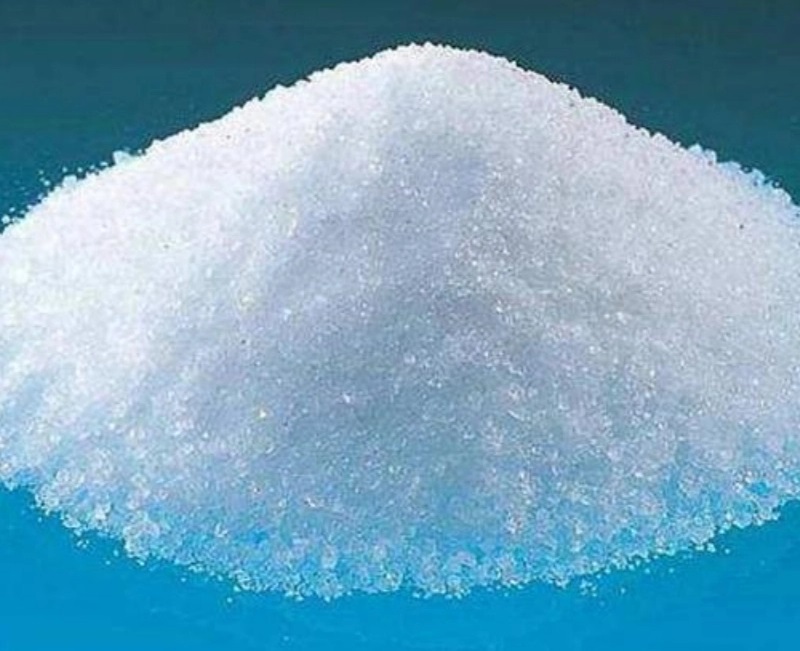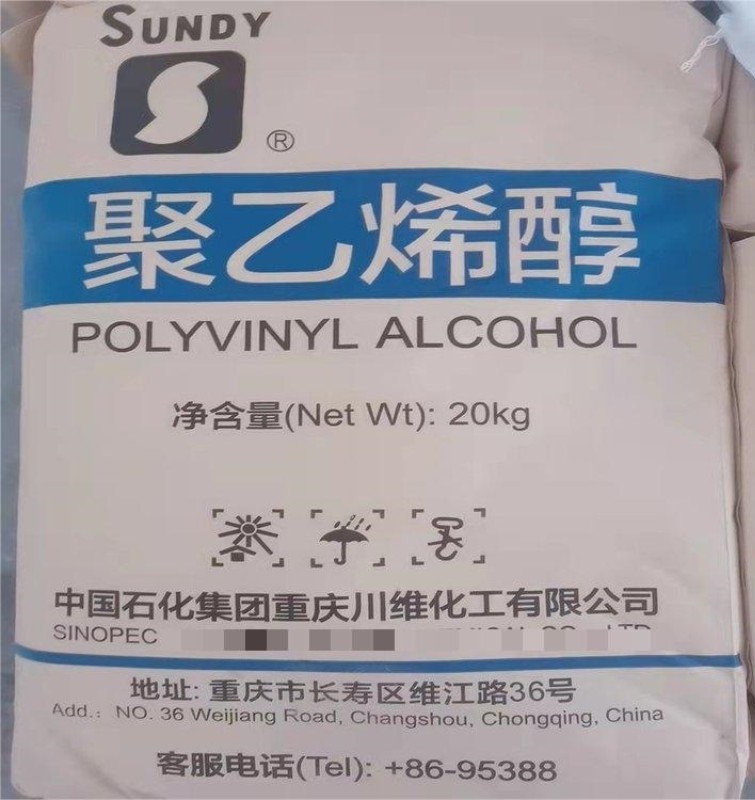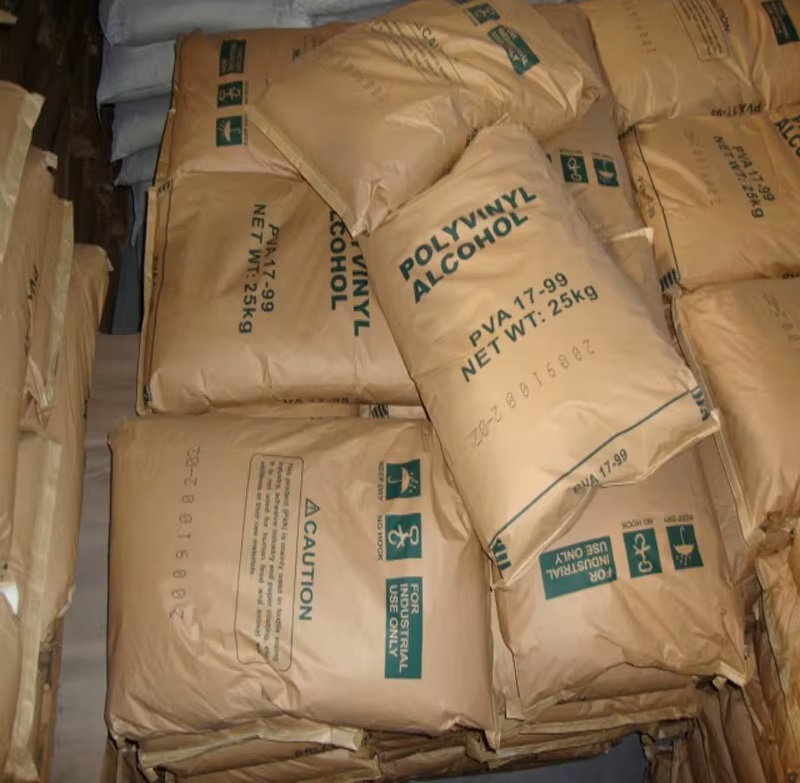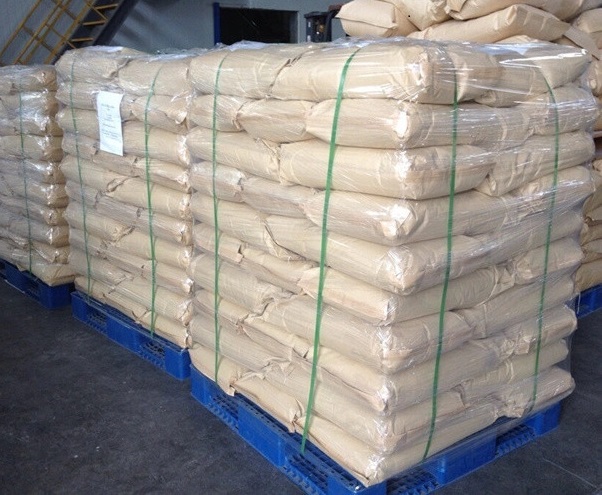We unleash your business potential by maximize the business innovation.
Send EmailPolyvinyl Alcohol, PVA, PVA 05/88, PVA 17/88, PVA 24/88, PVA 1788, PVA 0588, PVA 2688, 1788, 2488, 0588, 9002-89-5
Polyvinyl Alcohol (PVA), also known as Polivinil Alkol, is a synthetic polymer with versatile properties. Below are its key physical and chemical characteristics:
Physical Properties
-
Appearance: PVA is typically a white or slightly off-white granular or powdery material.
-
Solubility: Soluble in water, with solubility varying based on the degree of hydrolysis and temperature (cold or warm water compatibility depends on the type).
-
Melting Point: It does not have a distinct melting point but decomposes above 200°C.
-
Density: Around 1.19 to 1.31 g/cm³.
-
Viscosity: Depending on its molecular weight and degree of hydrolysis, the viscosity can vary, making it flexible for various applications.
-
Film-forming Ability: PVA produces strong, flexible, transparent films that are resistant to grease and oil.
Chemical Properties
-
Chemical Structure: It is a polyhydroxy polymer, containing multiple hydroxyl (-OH) groups, which are responsible for its hydrophilic nature and chemical reactivity.
-
Hydrolysis Levels: PVA can be fully hydrolyzed or partially hydrolyzed, impacting its solubility and performance in specific uses.
-
Chemical Stability: Resistant to oils, fats, and organic solvents but can degrade under strong acidic or alkaline conditions.
-
Reactivity: The hydroxyl groups allow it to bond with other substances or be chemically modified for enhanced properties.
-
Biodegradability: PVA is partially biodegradable, making it environmentally friendly for certain applications like water-soluble films.
Additional Characteristics
-
Non-toxic and Biocompatible: PVA is safe for medical, cosmetic, and pharmaceutical uses.
-
Thermal Behavior: While stable at moderate temperatures, it decomposes when exposed to excessive heat, releasing acetic acid and other byproducts.
Molecular Formula : (C2H4O)x
Molecular Weight: 44.053 g/mol
Chemical Name: Polyvinyl Alcohol 1788
CAS Number: 9002-89-5
Polyvinyl Alcohol (PVA) is a synthetic polymer known for its water solubility and film-forming properties. The numbers you mentioned (05-88, 17-88, 24-88) refer to the viscosity of the PVA solutions, measured in centipoises (cP). Here's a brief overview:
-
PVA 05-88: Has a viscosity of approximately 5 mPas.
-
PVA 17-88: Has a viscosity of approximately 24 mPas.
-
PVA 24-88: Has a viscosity of approximately 47 mPas.
These different viscosities make PVA suitable for various applications, such as textile sizing, paper coatings, adhesives, and packaging materials
It is a synthetic polymer formed by the combination of many molecules. The beginning of this polymer is with Ethylene. Ethylene is then converted to Vinyl Acetate by reacting with Oxygen and Acetic Acid.
It is often confused with polyvinyl Acetate. The degree of polymerization is very important. It is the most commercially used PVA type worldwide. PVA 2488 has many uses like the 1788 form.
Other Names Are As Follows;
PvOH
Homo polymer
Vinyl Acetate
Vinyl Alcohol
Pva 2488
Pva 1788
Pva 0588
Vinyl Acetate Monomer
What are its physical and chemical properties?
It is found in crystalline powder or granular form in physical appearance.
It is biodegradable.
It is not toxic.
It is soluble in water in terms of solubility. It is insoluble in cold water. It dissolves almost completely when the temperature of the water reaches 88 °. It is insoluble in organic solvents. Its 4% aqueous solution has a viscosity of approximately 24 cps.
Pva 1788 density: Between 1.19 and 1.31 g/cm³.
Where are the areas of use of Pva 1788 (Polyvinyl Alcohol 1788)?
It is used to coat detergents with PVA.
It is used to make paper resistant to oil.
It is the main component in the production of children's play dough.
It is used to create contact lenses.
It can be used in glue production with up to 30% Polyvinyl Alcohol content. These glues can be used for bonding wood and paper.
In yarn production, yarns are coated with PVA to make them resistant to breaking.
PVA is used to increase the adhesion of synthetic fibers.
It is used to create flexible films on some materials.
It is used in the production of medical devices in 3D printing machines.
Pva 1788 (Polyvinyl Alcohol 1788) Sales
BETAKİm sells PVA and will offer you the most suitable offer. Chemical substances are packaged in packaging determined by international standards. In 20-25-50 kg. packages.
Polyvinyl Alcohol (PVA) is utilized in the medical field:
1. Wound Care
-
Wound Dressings: PVA is widely used in wound dressings due to its excellent water absorption capacity. These dressings keep the wound environment moist, which accelerates healing.
-
Hemostasis: PVA sponges or foams are employed during surgeries or emergencies to control bleeding. They promote clot formation effectively.
2. Surgical Applications
-
Surgical Packing: During surgeries, PVA-based materials are used to fill cavities and control bleeding, thanks to their soft structure and absorptive properties.
-
Orthopedics: PVA assists in the regeneration of tissues and supports bone grafts in orthopedic surgeries.
3. Drug Delivery Systems
-
Controlled Drug Release: PVA's porous nature allows it to act as a carrier for drugs, ensuring their controlled release over a specific time for targeted therapies.
4. Dental Applications
-
Dentistry Procedures: PVA is utilized in dental surgeries to manage bleeding, maintain the surgical site, and sometimes carry local anesthetics.
5. Biomedical Devices
-
Hydrogels: PVA hydrogels are commonly used in biomedical devices because they are biocompatible and can retain moisture, making them ideal for applications like contact lenses and wound care.
-
Surgical Sutures: Due to its biodegradable nature, PVA is used in surgical sutures that naturally dissolve over time.
The solubility of Polyvinyl Alcohol (PVA) varies depending on its type and the temperature of the water. Here's an overview in English:
-
PVA 1788: This type is not soluble in cold water. It requires a water temperature of around 88°C to dissolve effectively.
-
PVA 0588: This variant has better solubility in cold water and can dissolve at lower temperatures, making it highly suitable for applications requiring cold-water solubility.
-
PVA 2688: The solubility of this type increases with temperature, but its solubility in cold water is limited compared to PVA 0588.
In summary, PVA 0588 has the best cold-water solubility among these types.
Polyvinyl Alcohol (PVA) is known by several alternative names depending on the context and industry. Here are some common ones:
-
Polyvinyl Alcohol (the full English term)
-
Polivinil Alkol (Turkish version)
-
PVA 1788, PVA 0588, PVA 2688 (specific grade identifiers)
-
PVA 05/88, PVA 17/88, PVA 24/88 (alternative notation formats)
-
PvOH (shortened chemical acronym)
-
9002-89-5 (CAS number for identification in chemical databases)




